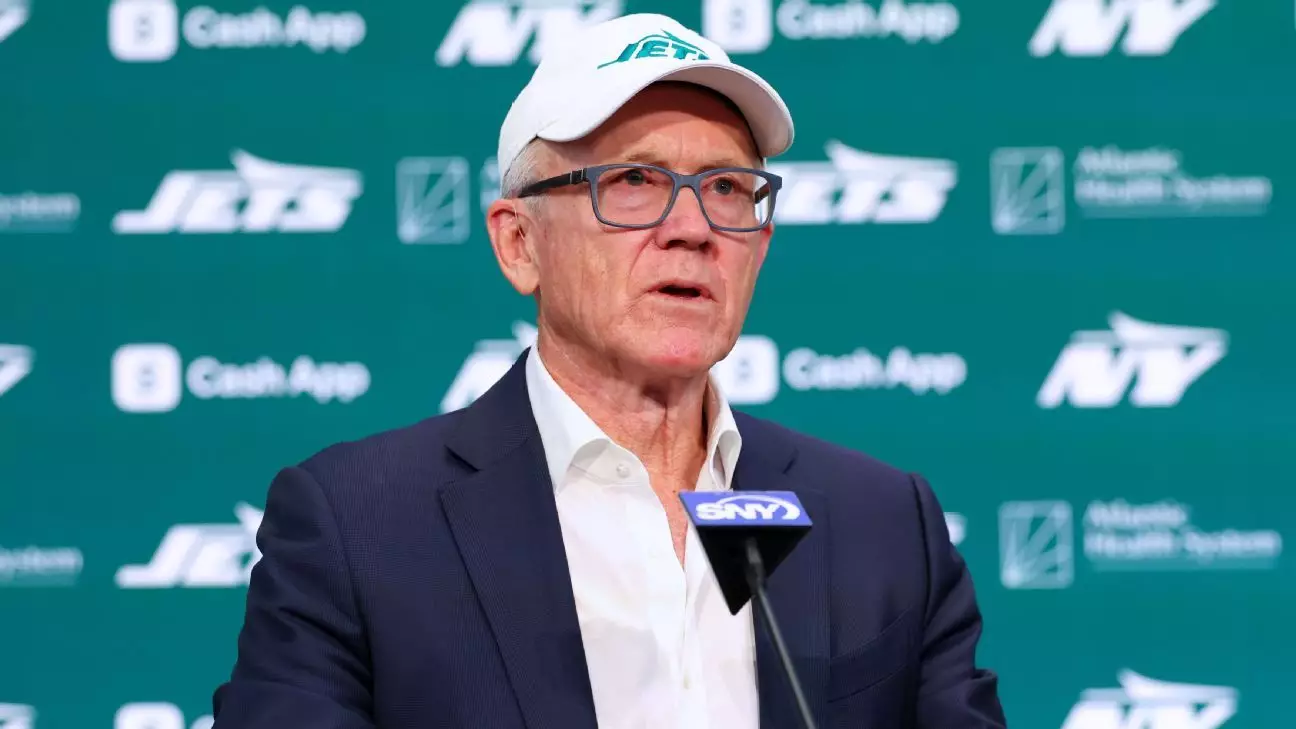The recent agreement for Woody Johnson, the owner of the New York Jets, to purchase a 43% stake in Crystal Palace is groundbreaking on multiple fronts. With his offer valuing the stake at approximately £190 million ($254 million), this potential acquisition marks a pivotal moment not just for Johnson but also for the future of the Premier League club. This investment reflects a growing trend of American influence in European football, leading to both exciting prospects and potential pitfalls as the dynamics of ownership continue to evolve.
The Premier League’s Scrutiny: More Than Just a Formality
While the deal between Johnson and John Textor awaits Premier League approval, the implications of the Owners and Directors’ Test, often humorously dubbed the “Fit and Proper Persons Test,” are far from trivial. Given Johnson’s diplomatic background as a former U.S. ambassador to the U.K., one might assume his passage through this regulatory gauntlet would be smooth. However, as the Premier League’s stringent standards serve as a barrier to entry for potential owners, the approval process also raises questions about the influence of wealth in sports ownership and the integrity of league governance.
Contextualizing Ownership in European Football
Johnson’s bid for Crystal Palace is set against the backdrop of ongoing discussions about multiclub ownership. With Textor’s Eagle Football Holdings already holding a stake in Lyon, the stakes are not just financial; they are about maintaining competitive fairness within UEFA competitions. The pressure is mounting for clubs to navigate these ownership rules wisely, and the fact that Textor failed to segregate his interests in accordance with UEFA guidelines could have dire repercussions for Crystal Palace’s participation in European tournaments. Johnson’s entry could, therefore, clear the path toward a more stable and respectable ownership structure.
Legacy and Aspirations
At 78, Johnson may be seen as a figure from the past; however, this venture into the world of football ownership suggests a willingness to innovate. His previous attempt to acquire Chelsea indicates an ambition that transcends mere financial investment; it’s about shaping and influencing the landscape of top-tier football in a way that reflects his vision. A self-professed Chelsea supporter, his leap into the realm of Crystal Palace—one of the less heralded clubs in London—could be a strategic play to differentiate himself while also leaving a lasting legacy within the sport.
Looking Ahead: What This Means for Crystal Palace
Should the deal proceed without hitches, Johnson’s involvement could herald a new era for Crystal Palace. The potential for increased investment in player acquisitions, infrastructure, and community engagement stands to enhance the club’s profile and performance dramatically. The prospect of competing in the UEFA Europa League after winning the FA Cup adds an exhilarating layer to this narrative, suggesting that Johnson may not just be a passive investor, but instead a catalyst for transformation in the club’s trajectory.
Woody Johnson’s stakes in Crystal Palace encapsulate both the risks and rewards of modern football investment. They reflect an ongoing narrative where individuals and clubs alike must navigate complex waters of ownership, competition, and fan engagement. It’s a fascinating moment for both Johnson and Crystal Palace, as they embark on this new chapter together.

